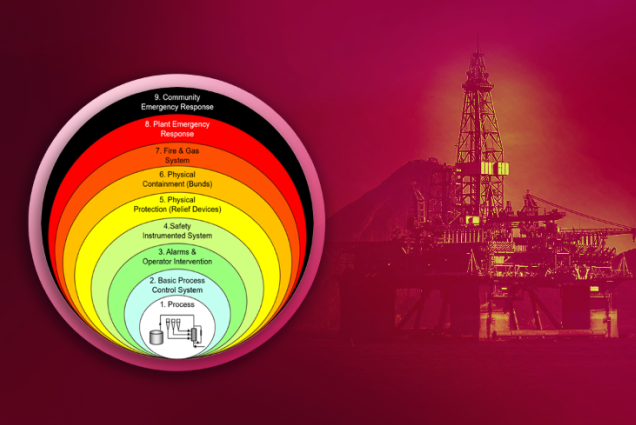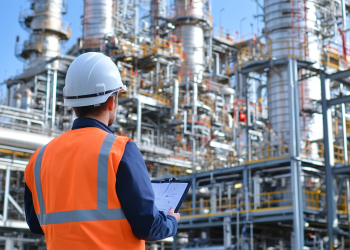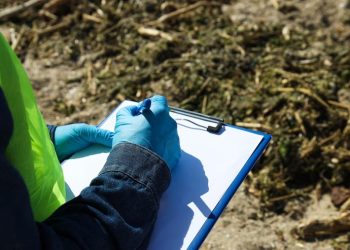Safety Integrity Level (SIL) Study
Safety Integrity Level Study (SIL Study) is described as a comparative level of risk-reduction offered by a safety function, or an analysis of performance required for a Safety Instrumented Function (SIF) to maintain or achieve the safety state.
In essence, Safety Integrity Level analysis is an estimation of performance recommended for a Safety Instrumented Function (SIF).
At Velosi, we understand that it is crucial to perform a statistical measurement of how likely a process or a system is to be operational and ready to serve the function for which it is intended, including the calculated time to its likelihood of failure. Our uniquely designed SIL study services comply with global standards – IEC-61508, IEC-61511 and ISA TR 84.00.02 – to ensure the safe and reliable operation of the plant.
Read more

Benefits of SIL Study
Effectively manages safety-critical equipment.
Prevents or mitigates the consequences which can result in mishaps like loss of life, personnel injury, equipment damage or loss of production.
Classified Categories of Safety Integrity Level Analysis
SIL Assessment
SIL Verification
Safety Requirement Specification (SRS)
Safety Life Cycle
SIL Study Deliverables
SIL Methodology
SIL Classification
SIL Verification
Safety Requirement Specification (SRS)
Safety Life Cycle Document
Insights
Case Studies
-
SIL Studies for Urea and NA Plant
Fatima Fertilizer Company Limited
UAE
2025
-
SIL Study for Gas Pipelines
INTECH Process Automation FZCO
UAE
2024
-
HSEIA and Safety Studies for ADNOC – Hail & Gasha Re-FEED AMDT.3 SIL/LOPA REVIEW SCRIBE + PHA PRO SOFTWARE
Technip Energies
UAE
2022
-
SIL Verification Study for Ras Tanura Refinery Sour Water Stripper (SWS) Project
TECNICAS REUNIDAS
Saudi Arabia
2021










